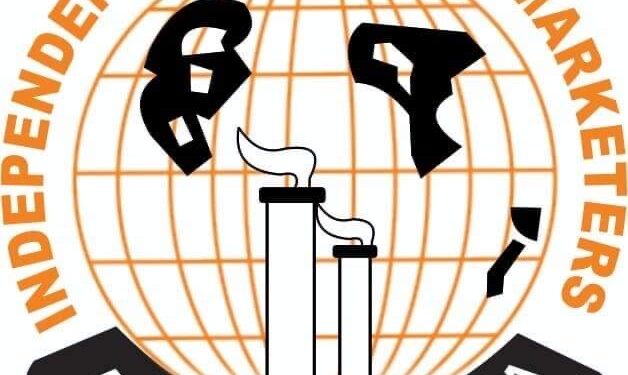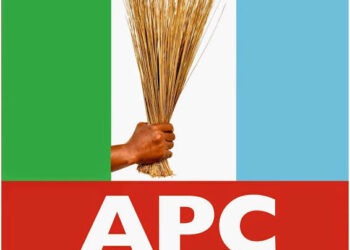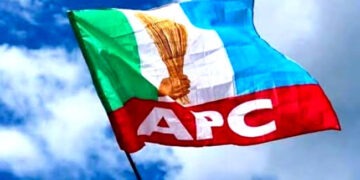The sudden reemergence of queues at filling stations across various states in Nigeria can be linked to the cessation of fuel supply by dealers, who took this action to safeguard their assets against potential losses during the ongoing nationwide protests against hunger. Several states, including the Federal Capital Territory (FCT), Abuja, have experienced varying levels of fuel scarcity in the last two weeks.
The Nigerian National Petroleum Company Limited has attributed this to a “hitch in the discharge operations of a couple of vessels.” While the company and stakeholders worked together to address the challenge, the nationwide protest against hunger and economic hardship commenced on Thursday, August 1, 2024. This disrupted the petrol supply again, leading to the reappearance of queues in some states.
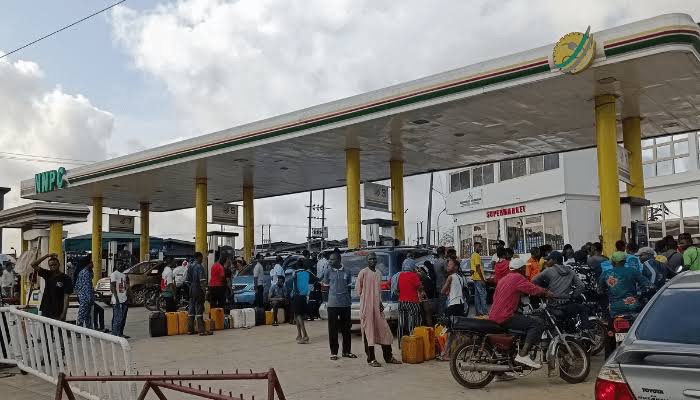
The National Public Relations Officer of the Independent Petroleum Marketers Association of Nigeria, Chief Chinedu Ukadike, stated that marketers were advised to close their stations during the protest to avoid losing their assets. He also mentioned that many tankers did not load products during the first and second days of the protest, and this distortion in the supply chain would cause shortages in states where the products would have been supplied.
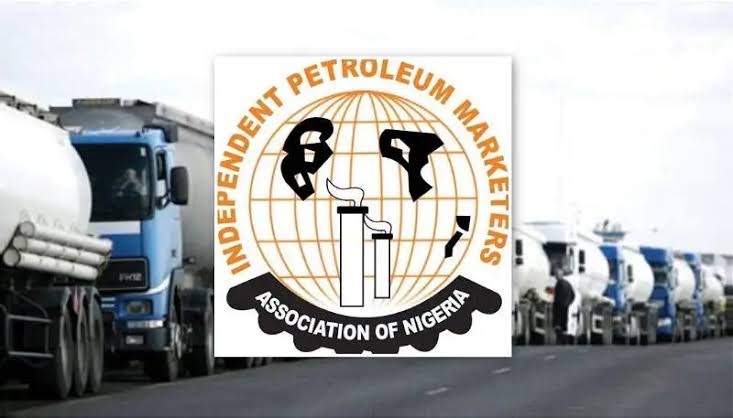
The National President of the Independent Petroleum Marketers Association of Nigeria (IPMAN), Abubakar Maigandi, has urged independent marketers to proceed with their business operations normally. He has also requested that the relevant security agencies protect the facilities of these marketers. It is important to note that, at the time the marketers were about to sell their products, they were contacted by the security agencies and instructed to temporarily cease the sale. 
The reason provided was that the authorities wanted to maintain control over the situation during the ongoing protests and the potential vandalism of marketers’ properties.
Due to the disruption in the supply of petroleum products, the truck movements have halted, and the depots are not functioning, particularly during the first and second days of the protests. As a result, the truck drivers have not been able to make deliveries.


